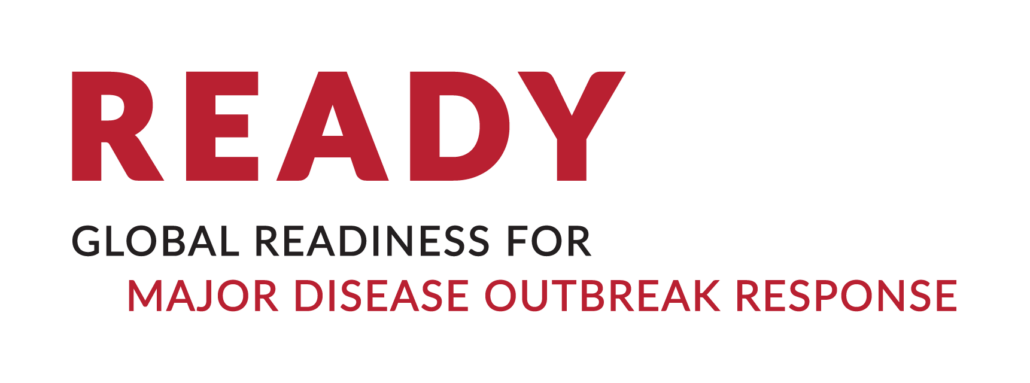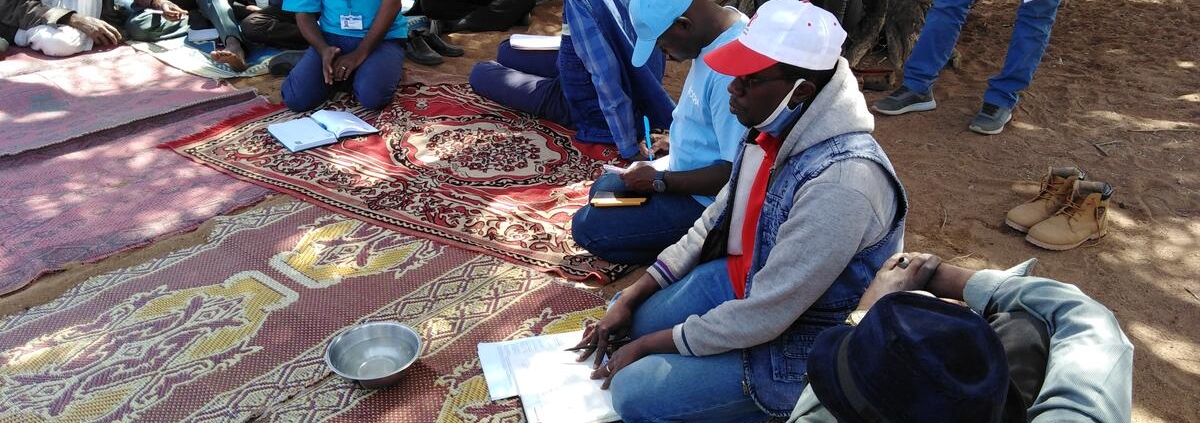Encontrar soluciones lideradas por la comunidad: una nota de orientación interinstitucional sobre cómo trabajar con comunidades en entornos de alta densidad para planificar enfoques locales de prevención y gestión de la COVID-19
Author: Risk Communication and Community Engagement Technical Working Group
This practical guidance note is intended for anyone involved in COVID-19 risk communication and community engagement (RCCE) efforts in complex and fragile settings in Africa, which includes refugee and internally displaced persons (IDP) camps and informal urban settlements. A combination of high population density, poor housing, limited access to water and sanitation, overstretched or inaccessible health services and widespread poverty, increase the risk and impact of a COVID-19 outbreak in these settings. Refugees, IDPs and people living in informal urban settlements, which are often home to urban refugees and irregular migrants, are often stigmatized and excluded from national response plans. This can lead to high level of mistrust towards authorities and responders within these groups. This is further exacerbated by the fact that standard COVID-19 prevention measures, such as physical distancing and handwashing, will be more challenging and in some cases even impossible to implement in crowded camps and informal settlements. This guidance note draws on and summarises content from a range of other guidance notes, many with a global focus or broader scope than RCCE.
Ver la guía en Inglés aquí.


Este sitio web es posible gracias al apoyo del pueblo estadounidense a través de la Agencia de los Estados Unidos para el Desarrollo Internacional (USAID) en el marco de la iniciativa READY. READY (no es un acrónimo) cuenta con el apoyo de USAID. Oficina de Democracia, Conflictos y Asistencia Humanitaria, Oficina de Asistencia para Desastres en el Extranjero de EE. UU. (OFDA) y es liderado por Salva a los niños en asociación con el Centro Johns Hopkins para la salud humanitaria, el Centro Johns Hopkins para programas de comunicación, Reino Unido-Med, Alianza EcoSalud, y Misericordia Malasia. Los contenidos de este sitio web son responsabilidad exclusiva de Save the Children. La información proporcionada en este sitio web no refleja necesariamente las opiniones de USAID, de ninguno o de todos los socios del consorcio, ni del gobierno de los Estados Unidos, y no es información oficial del gobierno de los EE. UU.


